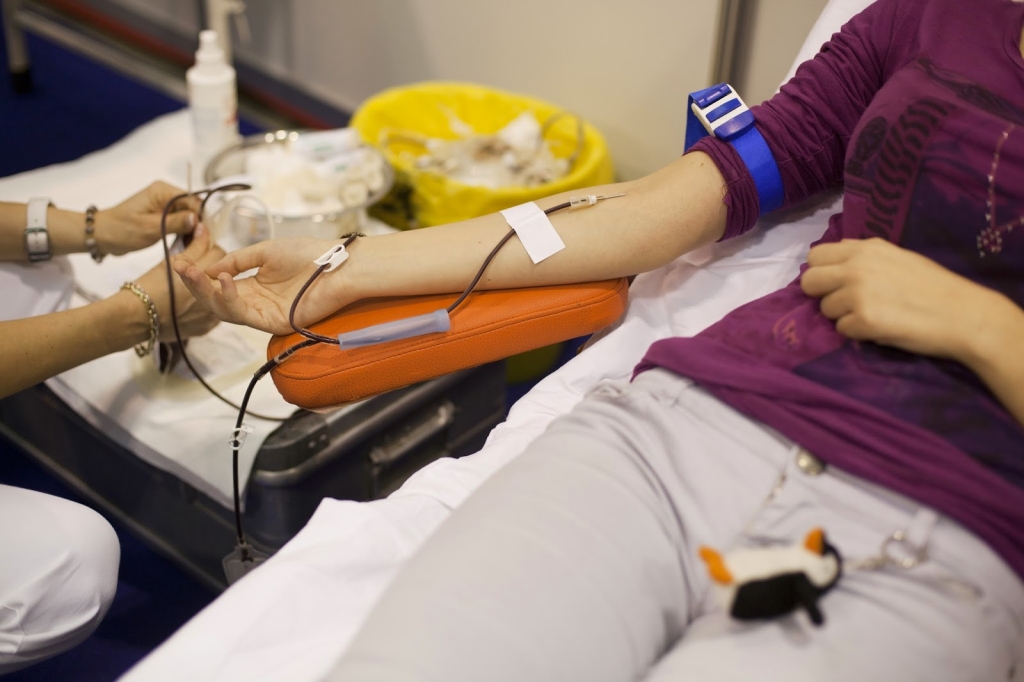
What Does a Phlebotomist Do? Essential Skills, Responsibilities, and Career Insights
If you’re considering a career in healthcare or simply curious about the vital roles within medical settings, understanding what a phlebotomist does can be enlightening. Phlebotomists are crucial healthcare professionals responsible for collecting blood samples, which are essential for diagnostic testing, treatment monitoring, and research. This comprehensive guide will explore the essential skills, core responsibilities, career outlook, and practical tips for aspiring phlebotomists.
Introduction
Imagine a busy hospital or a pathology lab where countless blood tests are conducted daily. Behind the scenes, dedicated professionals ensure that blood samples are collected, handled, and transported correctly-these are often phlebotomists. Their work substantially impacts patient care, diagnostic accuracy, and overall healthcare efficiency. Whether you’re contemplating a career switch, starting your journey in medical assisting, or interested in the healthcare industry, understanding the role of a phlebotomist is an excellent frist step.
What Does a Phlebotomist Do?
Phlebotomists are trained healthcare professionals specializing in blood collection procedures. their primary responsibility is to draw blood samples in a safe, efficient, and compassionate manner. In addition to collecting blood,they handle specimen labeling,data entry,and ensuring proper storage and transportation of samples.
Key Responsibilities of a Phlebotomist
- Blood collection: Drawing blood from patients for laboratory testing, transfusions, or donation.
- Patient Interaction: Explaining procedures,answering questions,and ensuring patient comfort.
- Specimen Handling: Labeling,documenting,and transporting blood samples accurately.
- Maintaining Equipment: Preparing and sterilizing needles, vacutainers, and collection devices.
- Following Safety Protocols: Adhering to infection control and safety procedures to prevent cross-contamination and accidents.
- Record Keeping: Updating patient records and documentation related to specimen collection.
Essential Skills and Qualities of a Phlebotomist
To succeed as a phlebotomist, certain skills and personal qualities are essential. These skills not only facilitate effective blood collection but also foster trust and comfort among patients.
Core Skills Required
- Technical Proficiency: Familiarity with blood collection techniques and laboratory procedures.
- Good Dexterity: Steady hands and fine motor skills for inserting needles accurately.
- Communication Skills: Ability to explain procedures clearly and empathetically.
- Attention to Detail: Precise labeling and documentation to prevent errors.
- Patience and Calmness: Ability to manage anxious or difficult patients with professionalism.
- Physical Stamina: Ability to stand for long periods and perform repetitive tasks.
- knowledge of Safety Standards: Understanding infection control and safety protocols.
Educational and Certification Requirements
Becoming a certified phlebotomist usually involves completing a dedicated training program followed by certification exams. The typical education path includes:
- High school diploma or equivalent (required)
- Completion of a phlebotomy certification program (frequently enough 4-8 months)
- Obtaining certification from recognized organizations such as the National Phlebotomy Association (NPA) or the American Society for Clinical Pathology (ASCP)
work Environments and Job Outlook
Phlebotomists work in diverse healthcare settings, including:
- Hospitals
- Clinics and outpatient care centers
- Blood donation centers
- Laboratories and diagnostic imaging centers
- physician offices
Career Growth and Salary Insights
The demand for phlebotomists is expected to grow steadily, driven by an aging population and increasing health screenings. According to the U.S.Bureau of Labor Statistics, the median annual salary for phlebotomists was approximately $37,000 as of 2022, with higher earning potential through experience and additional certifications.
benefits of Working as a Phlebotomist
- Entry-level position with relatively short training period
- Opportunities for career advancement into roles like medical assistants or laboratory technicians
- High job stability with consistent demand in healthcare
- Fulfilling work helping diagnose and treat patients
- Flexible schedules in many settings
Practical Tips for Aspiring Phlebotomists
- Enroll in accredited certification programs to enhance credentials.
- Gain hands-on experience through internships or volunteering.
- Develop excellent communication and interpersonal skills.
- Stay updated on safety protocols and new techniques.
- Practice patience and empathy when interacting with patients.
- Join professional associations for networking and continued education opportunities.
Case Study: A Day in the Life of a Phlebotomist
| Time | Activity |
|---|---|
| 8:00 AM | Review patient schedules and prepare equipment |
| 8:30 AM | Greet patients and explain blood draw procedures |
| 9:00 AM | Collect blood samples from patients |
| 11:00 AM | Label and transport samples to the lab |
| 12:00 PM | Lunch break and documentation updates |
| 1:00 PM | Assist in training new staff or managing inventory |
| 3:00 PM | handle patient questions and conclude the day |
First-Hand Experience: What to Expect
Many aspiring phlebotomists find that initially, blood draws can be intimidating, both for themselves and for patients. However, with practice, confidence, and proper technique, it becomes a routine task. Building rapport with patients is key-kindness and professionalism help reduce anxiety and foster positive experiences. Continuous learning and adaptability are vital for keeping up with evolving medical practices and safety standards.
Conclusion
The role of a phlebotomist is truly vital in the healthcare chain. From collecting blood samples that enable accurate diagnoses to providing comfort and reassurance to patients, phlebotomists play a crucial part in saving lives and improving health outcomes. If you have a keen eye for detail,excellent communication skills,and an interest in medical sciences,pursuing a career as a phlebotomist can be both rewarding and stable. With the right training, certification, and dedication, you can embark on a fulfilling journey in the healthcare industry and make a meaningful difference every day.